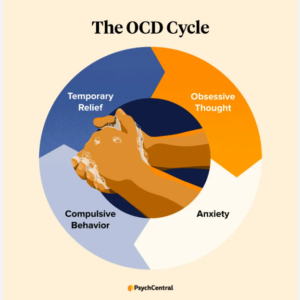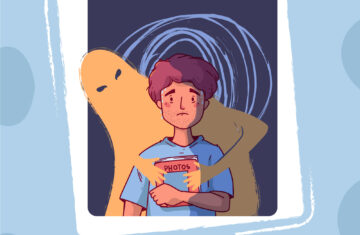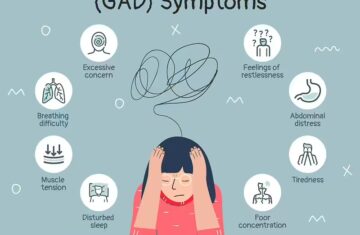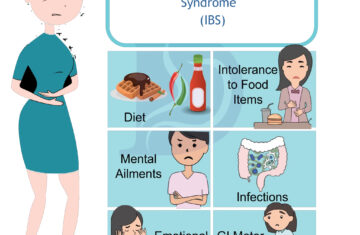
OBSESSIVE COMPULSIVE DISORDER (OCD)
Of course, I can provide you with some information about OCD counseling. Obsessive-Compulsive Disorder (OCD) is a mental health condition characterized by persistent, unwanted thoughts (obsessions) and repetitive behaviors or mental acts (compulsions) that an individual feels compelled to perform. These obsessions and compulsions can significantly impact a person’s daily life and well-being.
Counseling or therapy is a common treatment approach for OCD, and it can be very effective in helping individuals manage their symptoms and improve their quality of life. Here are a few types of counseling that are often used to treat OCD:
-
Cognitive Behavioral Therapy (CBT): CBT is one of the most well-established treatments for OCD. It involves working with a trained therapist to identify and challenge negative thought patterns and behaviors. Exposure and Response Prevention (ERP), a specific form of CBT, is particularly effective for OCD. ERP involves gradually exposing the person to their obsessions while preventing the corresponding compulsive behaviors. Over time, this helps reduce the anxiety associated with the obsessions and weakens the compulsion cycle.
-
Mindfulness-Based Therapies: Mindfulness-based therapies, such as Mindfulness-Based Cognitive Therapy (MBCT) or Acceptance and Commitment Therapy (ACT), can help individuals with OCD develop a non-judgmental awareness of their thoughts and emotions. These therapies focus on teaching skills for managing distressing thoughts and emotions without reacting to them with compulsive behaviors.
-
Psychodynamic Therapy: This approach delves into the underlying emotions and conflicts that may contribute to OCD symptoms. Psychodynamic therapy aims to uncover the root causes of obsessive thoughts and compulsive behaviors and helps individuals process these underlying issues.
-
Supportive Therapy: This type of therapy provides a safe and empathetic environment where individuals with OCD can express their feelings, fears, and experiences. A therapist can offer validation, coping strategies, and guidance without necessarily focusing on structured interventions.
-
Group Therapy: Group therapy brings together individuals who are experiencing similar challenges. In a group setting, participants can share their experiences, learn from one another, and practice techniques to manage their OCD symptoms. Group therapy can also provide a sense of community and reduce feelings of isolation.
When seeking OCD counseling, it’s important to find a qualified mental health professional with experience in treating OCD like myself.
I use use evidence-based approaches and tailor the treatment plan to your specific needs.
Remember that recovery from OCD is a gradual process, and it’s important to be patient with yourself. If you or someone you know is struggling with OCD, consider reaching out to me to discuss the most appropriate treatment options.




